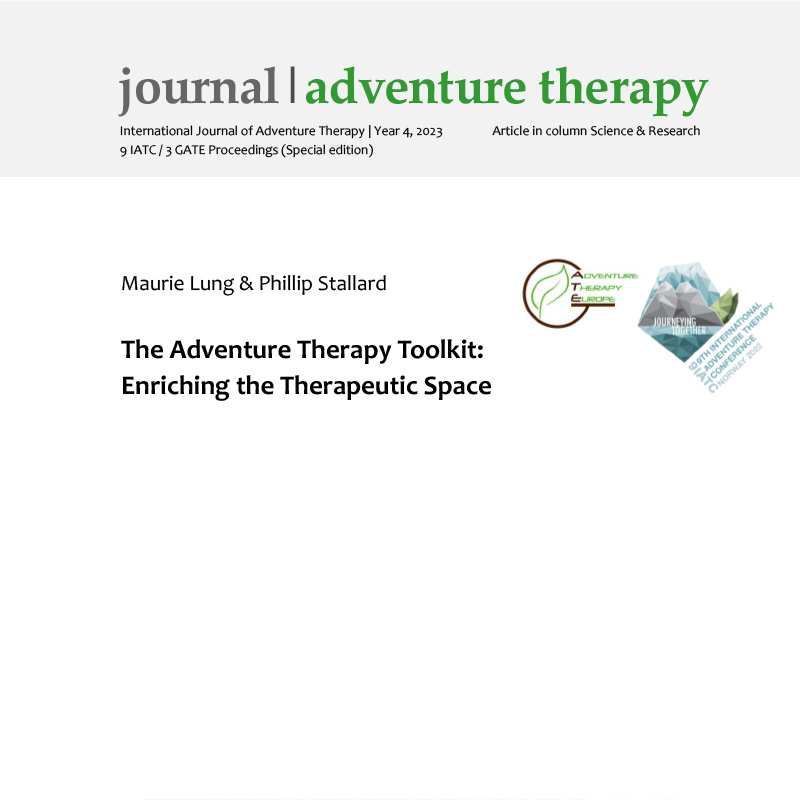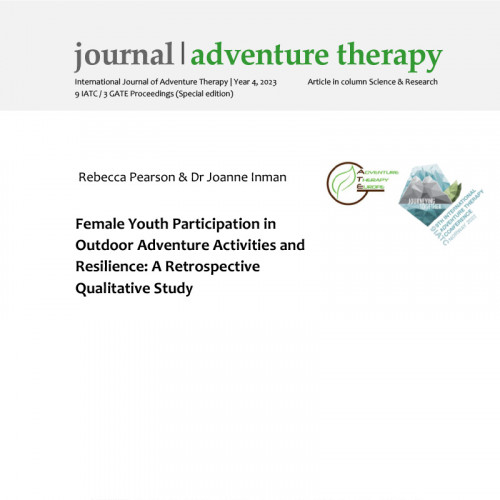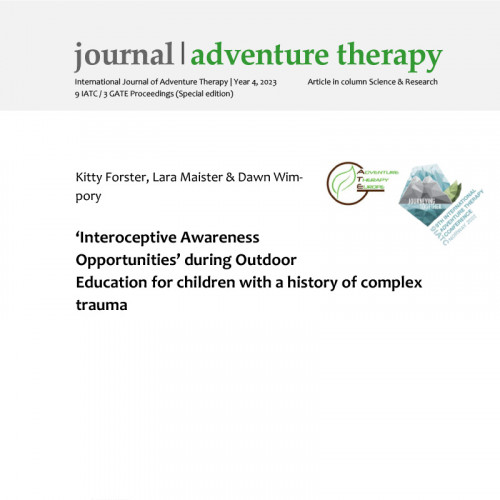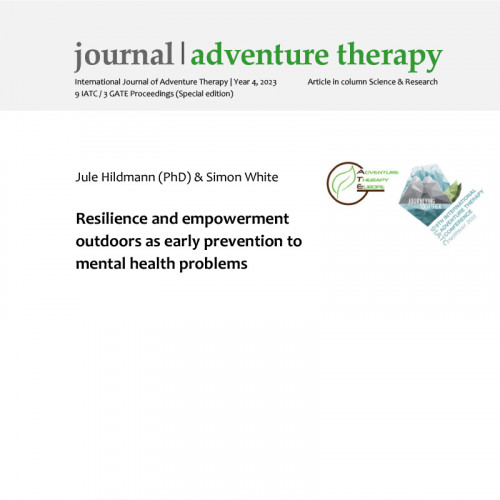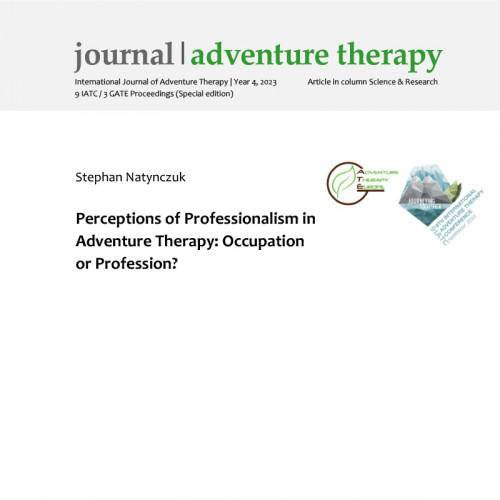Authors: Maurie Lung & Phillip Stallard
Gass, Gilllis, & Russel (2012) describe Adventure Therapy as “the prescriptive use of adventure experiences provided by mental health professionals, often conducted in outdoor settings that kinesthetically engage clients on a cognitive, affective and behavioral level.” Throughout the workshop, activities were provided for practitioners to integrate in office-based, community-based, or wilderness settings. They were selected for their ability to address specific client clinical outcomes, such as social skills (Tucker, 2009), self-concept and perception of competence, group cohesion (Norton et al, 2014), nurturing personal growth, skill, and knowledge development, increasing cooperative behaviors, relating to others, and resolve problems or conflicts (Garst & Ozier, 2015).
